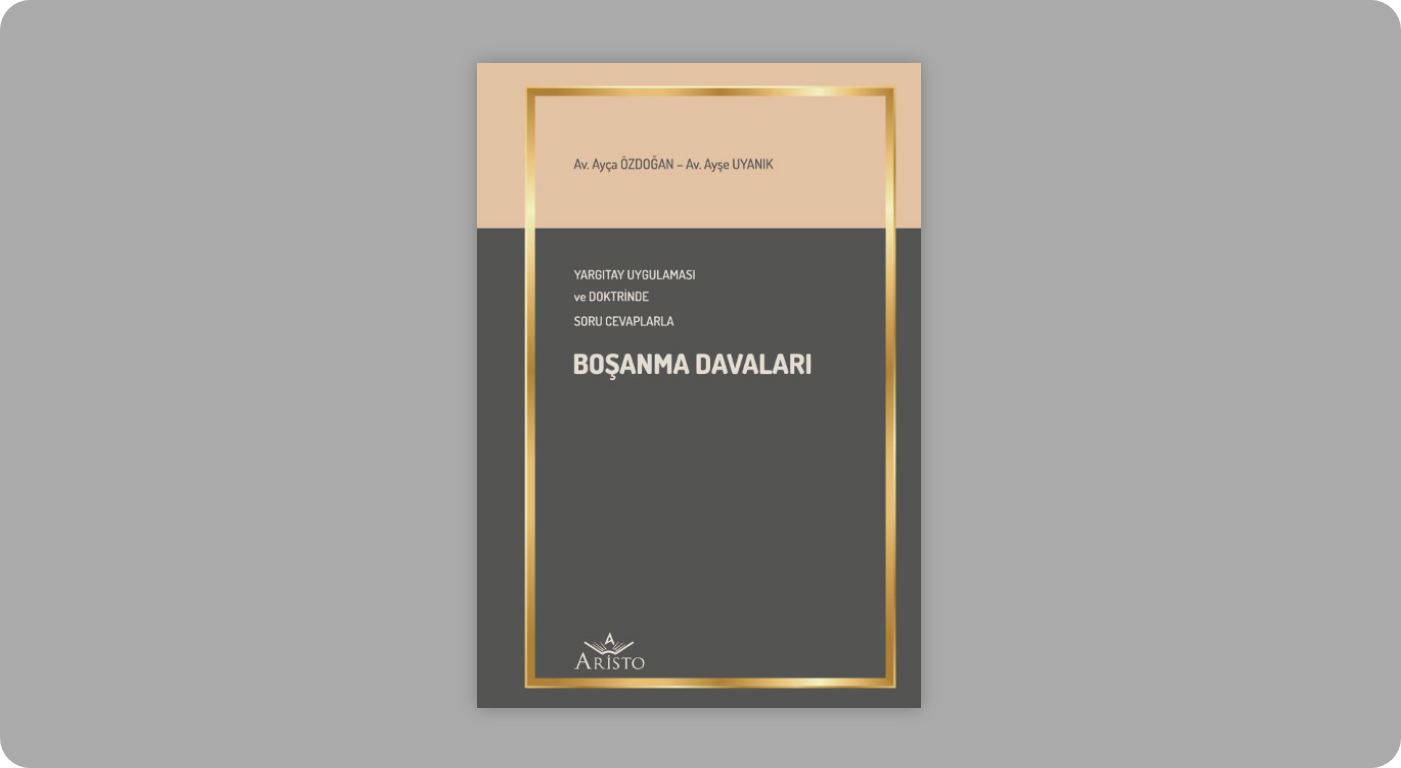Independent and Perpetual Construction Right
The construction right among the limited real rights is regulated between Articles 726, 826 and the rest of Turkish Civil Code, granting holder the authority to construct or maintain a structure either above or below someone else's land and the ownership of that structure. If the construction right is independent and perpetual, it is recorded as "immovable" on a separate page in the land registry upon request of the right holder.
Unless otherwise agreed, this right is independent and can be transferred and inherited. Perpetuity in this context does not mean eternity but continuity. According to Article 826 of Turkish Civil Code, the construction right established for at least thirty years is considered to have perpetual nature.
Although the right recorded in land registry as immovable does not gain nature of property, it is subject to the property law and real estate ownership rules to extent that it is appropriate. Independent and perpetual rights, in particular, grant right holder powers very close to actual real estate ownership. Holder of the construction right can benefit from the land like owner, mortgage it as collateral to secure loan, transfer or restrict it with other real rights.
As a general rule, the construction right is established on privately owned and registered lands subject to private ownership, regardless of whether they belong to Treasury or a natural or legal person. However, Article 74 of Law No. 2886 on State Tendering envisages that the limited real rights can be established on the lands under the sovereignty of State, complying with the provisions of this law. Additionally, Law No. 2634 on Encouraging Tourism specifies necessary conditions for establishing independent and perpetual construction right on the certain public lands, without complying with the provisions of Law No. 2886. Furthermore, Law No. 6831 on Forests outlines the conditions for establishing construction right on forest lands for tourism facilities. Finally, Law No. 3996 on Construction-Operation-Transfer Model allows establishment of the construction right on public lands without being subject to Law No. 2886 under certain purposes and conditions.
The construction right provides an opportunity for the investors who have capital for construction but cannot find the financial resources to purchase the land or do not want to use their own resources for the land acquisition. In such cases, the investor builds or becomes owner of an existing structure on the land under more favourable payment terms than purchasing it. In return, the landowner, without incurring expenses and burdens of removing land or building from their ownership, receives rent from the land during the term of the construction right and, when the right relationship ends, becomes the owner of the structure, benefiting from the increased value of the land.
Therefore, the construction right is crucial as well for enabling construction on public properties that fall under authority and disposition of State and are not suitable for private ownership. Indeed, need for touristic facilities is more significant in areas such as forests, mountains, shores, and lakes under the authority and disposition of State. While it is not possible to build touristic facilities in these areas by adhering to the principle of private ownership, it is possible to construct them by establishing the construction right. Moreover, important project financing can be provided through the build-operate-transfer model. Construction right is a highly effective tool for utilizing areas that are not valued and close to ownership, balancing the increasing real estate prices. Encouraging and promoting this method, which is highly appealing socially, urbanistically, and economically, for both public and private owners, would be appropriate.

Yargıtay Uygulaması ve Doktrinde Soru Cevaplarla Boşanma Davaları
Kıdemli avukatlarımızdan Av. Ayşe Uyanık’ın yazarlarından olduğu “Yargıtay Uygulaması ve Doktrinde Soru Cevaplarla Boşanma Davaları” isimli eser Aristo Yayınevi’nden yayımlanmış olup tüm meslektaşlarımızın ve diğer hukukçuların gerek doktrinsel gerekse de uygulamaya yönelik soruları açısından faydalı olacağına inandığımız bu eser için Sevgili Ayşe’yi kutluyor ve başarılarının devamını diliyoruz.

28 Şubat 2025
Yeditepe Üniversitesi Hukuk Fakültesi'nin düzenlediği "Kariyer Günleri" etkinliğine büromuzu temsilen ortaklarımızdan Avukat Ayşe Uyanık, Avukat Aslıhan Dereköy ve Stajyer Avukat Ecenaz Çiftçi katılım sağladı.




